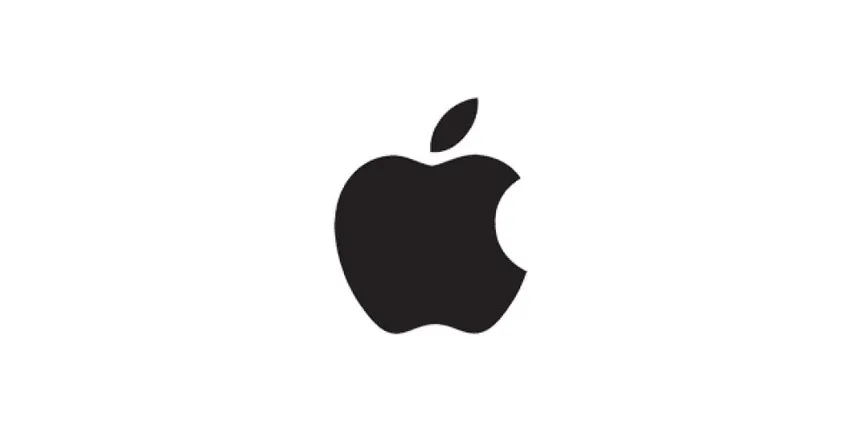The European Union has accepted Apple’s commitment to open up its “tap-to-pay” iPhone payment system to rivals, bringing an end to a long-standing antitrust case. The decision was announced by the European Commission, the EU’s executive arm and top antitrust enforcer, which had previously accused Apple of abusing its dominant position by limiting access to its mobile payment technology.
The Commission had been investigating Apple’s control over the iPhone’s contactless payment function, which is integrated into the device’s operating system, iOS. Apple had been accused of using this position to favor its own payment service, Apple Pay, and limit the ability of third-party developers to create their own payment apps.
In January, Apple proposed a solution to the Commission’s concerns by offering to allow third-party mobile wallet and payment service providers access to the contactless payment function in its iOS operating system. This would enable developers to create their own payment apps that could be used for contactless payments, such as tapping a bank card or a mobile device to make a payment.
Following testing and feedback, Apple tweaked its proposals and the Commission has now concluded that Apple’s final commitments would address its competition concerns. The changes will remain in force for a decade and apply throughout the EU’s 27 countries, as well as Iceland, Norway, and Liechtenstein.
Apple’s proposal is designed to provide European developers with the option to enable contactless payments and transactions for a range of applications, while its Apple Pay and Apple Wallet will continue to be available for users and developers. The Commission has appointed a trustee to monitor Apple’s compliance with its commitments, which will help ensure that the company meets its obligations to open up its payment system.

Apple agrees to open up iPhone payments
The decision is a significant victory for developers and consumers, who will now have more choice and flexibility when it comes to payment options. It’s also a major step forward for competition and innovation in the European digital market, as it will allow companies to innovate and create new products and services that were previously restricted by Apple’s control over the iPhone’s payment system.
Apple’s agreement to open up its payment system is seen as a positive development by the Commission, which has been pushing for greater competition and innovation in the digital market. The Commission’s Vice-President, Margrethe Vestager, said in a statement that the decision “marks a significant step forward for consumers and for the digital single market”.
The Commission’s investigation into Apple’s payment system is part of a broader effort to promote competition and innovation in the digital market. The Commission has been scrutinizing the activities of large technology companies, including Google and Amazon, and has taken action against companies that have been found to be breaching competition rules.
The agreement between Apple and the European Commission marks a significant milestone in the development of the digital market, and it’s a major step forward for consumers and developers. It shows that the Commission is serious about promoting competition and innovation, and it sets a precedent for other technology companies that are found to be abusing their dominant position.
